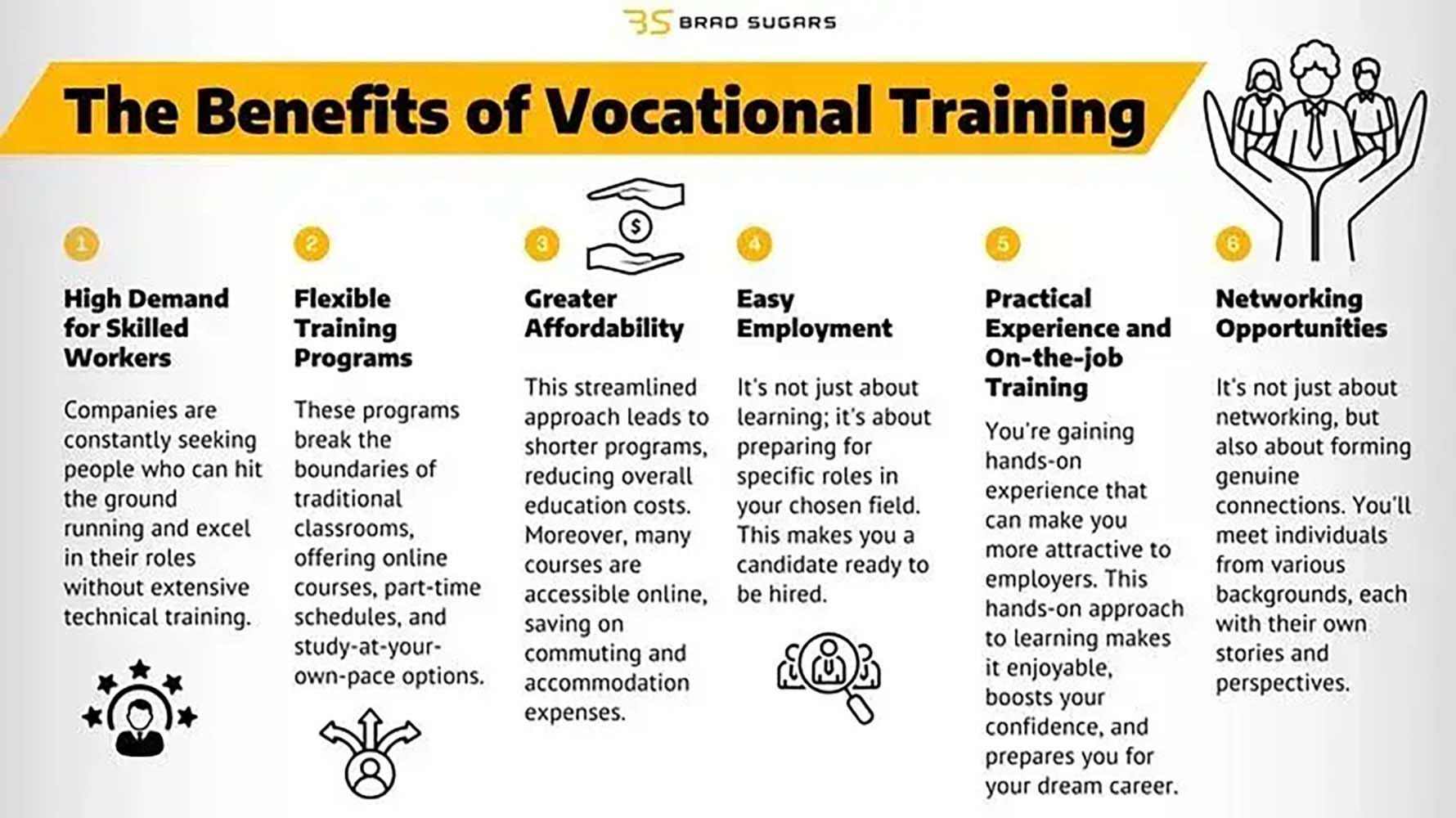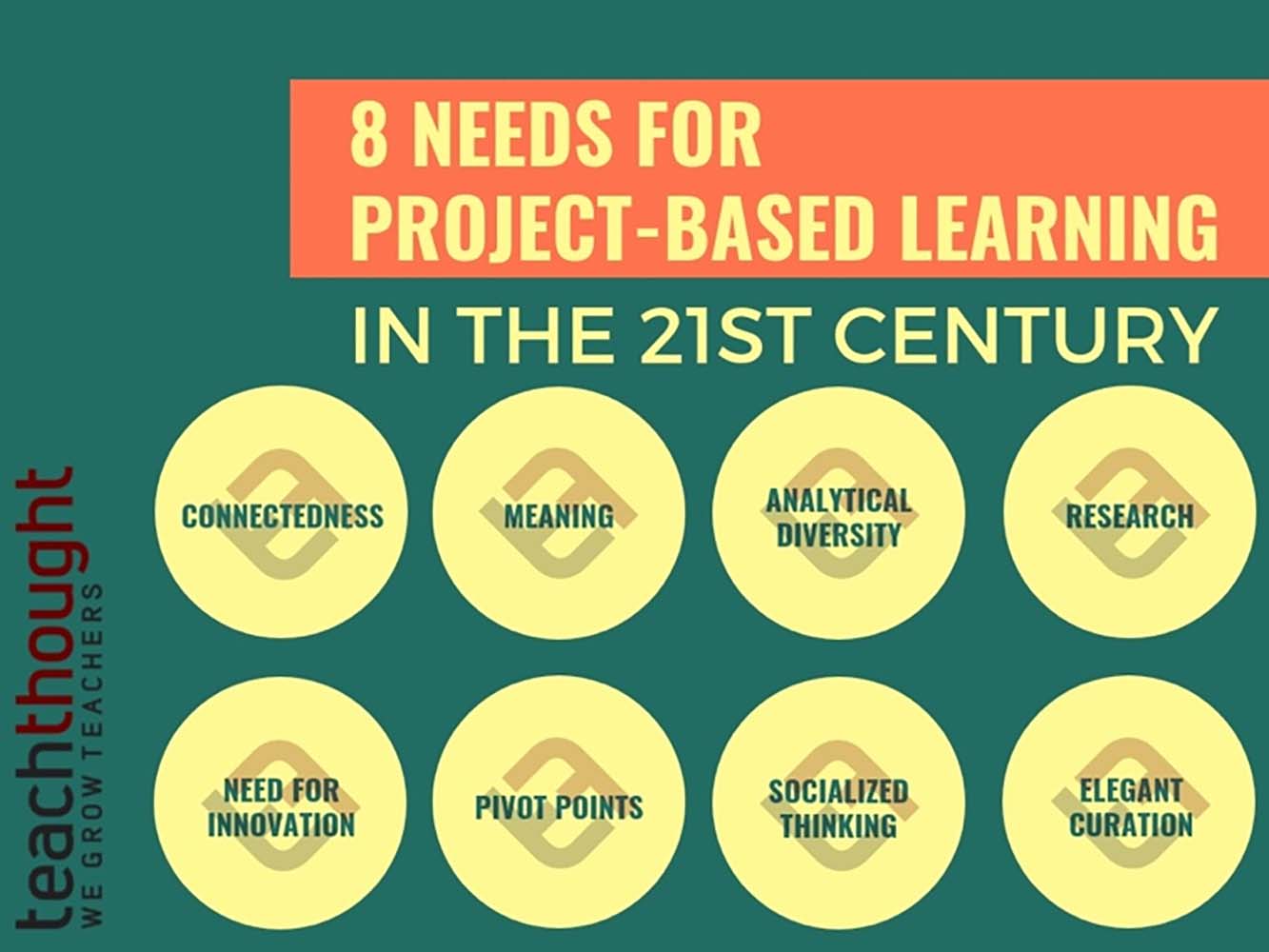This will include a preface on the importance of craft-skills - as recognised in the new Vocational-Level Curricula and in the continuing influence of the Arts & Crafts Movement, and Student-centred project-based learning, as practised in most Art Schools.
I want to compile a diagram-map of all the 'open-studios', arts & craft learning organisations, drama, dance, music-learning, make-up, fashion, dress-making, tailoring, hair-dressing, window-display, catering, cooking and related opportunities on the Island and near mainland...
"Vocation-level curricula are work-related programs designed to teach the specific skills and knowledge needed for a particular job or industry. These curricula combine practical, hands-on learning with theoretical knowledge and are assessed through a mix of assignments, projects, and sometimes exams. They offer different levels, from entry-level to those equivalent to a degree, and can be a direct pathway to employment or a route to further education, such as higher education or apprenticeships." (Google AI Summary)

Vocational training curricula and project-based-learning helps redress the overwhelming focus on literary/academic top-down approaches to secondary and tertiary education - and not before time! For too long these craft skills have been ignored in national curricula - or at least down-played in favour of 'academic' qualifications. This imbalance is becoming obvious in digital-media content-creation where the craft-skills of software engineering, hacking, content-design, games-design, social-media influencing etc - and AI-coopted co-invention - are now becoming commonplace and belatedly recognised.
I've pointed-out elsewhere in these blogs the advantages of student-centred, project-based learning and its impact on our Art Schools and Creative Industries - historically via the UK Government Design Schools, arts centres like the Bauhaus, Vkhutemas, Parsons College, NY Free School, Royal College of Art, Central St Martins, the Slade School, Westminster University (and many other centres of art & design education):
"Student-centred, project-based learning is an educational method where students actively learn by investigating and responding to complex, real-world problems or questions through long-term projects. This approach shifts the student role from passive recipient to active creator, fostering skills like critical thinking, collaboration, creativity, and problem-solving while promoting greater ownership and engagement in their learning.

Project-based Learning fosters bottom-up learning (learning by doing), learning by experience, individual initiatives, project-analysis, problem-solving (and innovation), teamwork and creative cooperation, entrepreneurialism, presentation, rapid-prototyping and testing, development of craft-skills, critical reflection and iteration - all important skills in an entrepreneurial, innovation-dependent society...and all essential to sustainable, creative lifelong-learning and individual development.
Initiatives like Open Studios, Brave Island, Ventnor Exhange, Island Craftworks, Wood Learn Forest School, Studio Glass, Independent Arts, Creative Island, Arreton Barns, IOW Education Partnership, Wight Apothecary, Museum and Schools Partnership, IOW Cultural Education Partnership, and IOW Heritage Service offer various opportunities, but are not necessarily focussed on or embracing the West Wight and its rich cultural heritage.